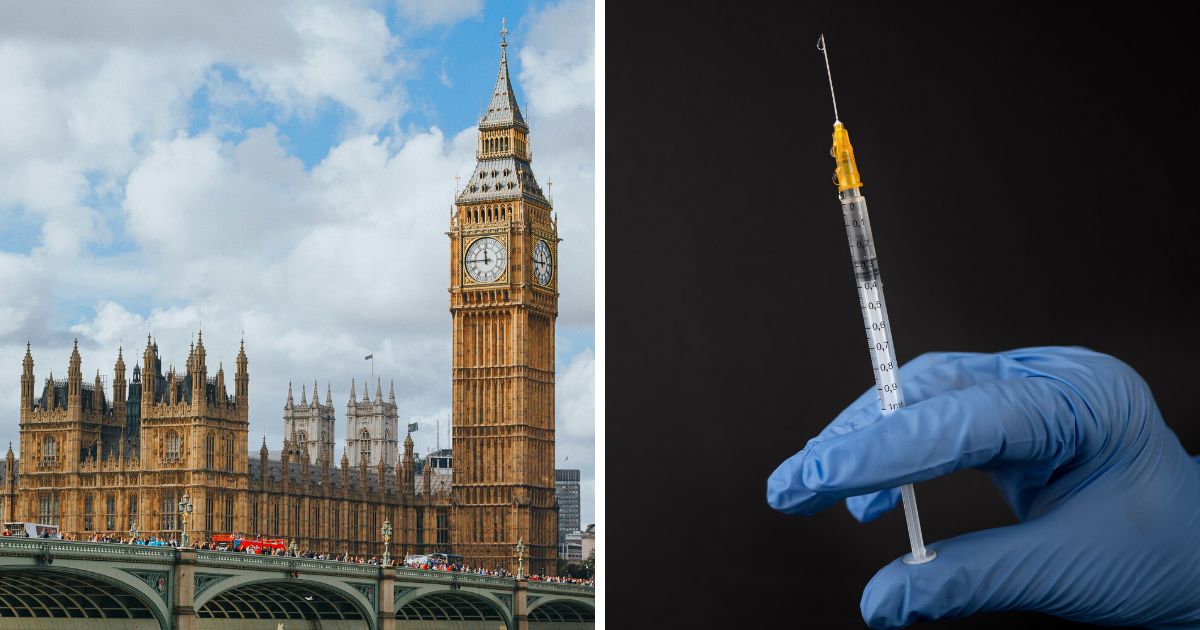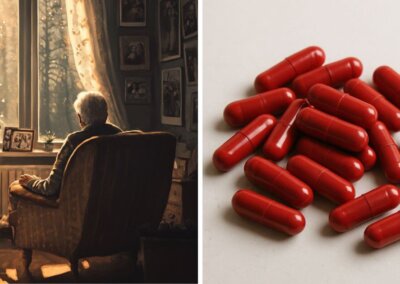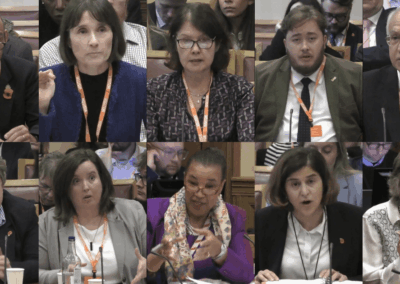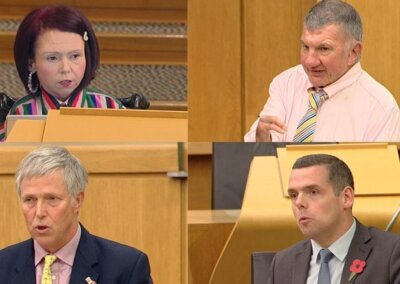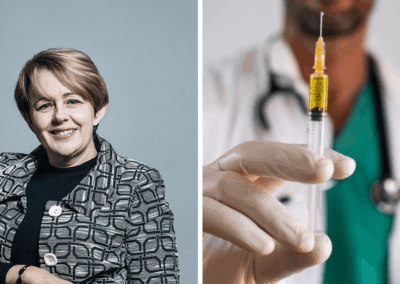Only three out of ten expert panellists who were invited to present evidence and give testimony to the Health and Social Care Committee’s assisted suicide inquiry are opposed to assisted suicide.
In March this year, the Health and Social Care Committee began its inquiry into assisted suicide and in the first session involving three expert panellists, none of those who provided evidence was opposed to the practice. After this, the Committee heard from seven additional experts, only three of whom appear to be opposed to assisted suicide and euthanasia.
Experts also appeared to have been cherry-picked so that the Committee did not hear from any expertsre from Canada, Belgium or the Netherlands where the practice of assisted suicide and euthanasia has been expanded significantly beyond its original remit.
Session one on Tuesday 16 May
On Tuesday, last week, the Committee heard from Australian politician Kyam Maher. Mr Maher is a supporter of assisted suicide and introduced the Voluntary Assisted Dying Bill (VAD) in 2021, which subsequently became law and came into force in South Australia in January this year.
Mr Maher made submissions in the UK and Jersey consultations on assisted suicide after being invited to do so by the leading assisted suicide and euthanasia advocacy group, Dignity in Dying. In his submission to the Jersey consultation, he said “denying a person access to VAD because they have refused medical treatment options that are available but are not acceptable to them… may infringe other human rights and amount to discrimination.”
The Committee also heard from assisted suicide advocate Professor Brian Owler, a consultant neurosurgeon at the Children’s Hospital at Westmead, Sydney. Owler was formerly a part of a task force asked by the Victorian government to consider how assisted suicide would be implemented in the region. Owler is an outspoken proponent of assisted suicide and euthanasia.
The third panellist, Dr Gary Cheung, is based at the University of Auckland in New Zealand.
Dr Cheung is a member of the Support and Consultation for End of Life in New Zealand (SCENZ) Group.
He is one of the team that was responsible for developing and rolling out procedures for undertaking assisted suicide in New Zealand. The team are also responsible for aspects of the ongoing running of the assisted suicide programme in New Zealand.
The fourth panellist, Professor Roderick MacLeod, former Senior Consultant and Senior Medical Specialist in Palliative Care was the only consultant explicitly opposed to assisted suicide and euthanasia. He stated in an interview “The fact that people are terminally ill doesn’t mean they are less deserving of protections around the circumstances of their deaths. If anything, they need more protections given their vulnerability. Anything less is negligence and will only breed a culture of secrecy around an area that needs to be kept fully in the light.”
He has also said that euthanasia and assisted suicide are “antithetical” to the purpose of medicine.
Session two
In a later session also on Tuesday last week, two of the expert panellists have been critical of jurisdictions in which assisted suicide and/or euthanasia are currently available. Dr Mark Komrad, Faculty of Psychiatry at Johns Hopkins, Tulane, and University of Maryland criticised the euthanasia laws in Canada in particular, writing that they had “negative implications for social justice and the welfare of the vulnerable”.
Similarly, Professor Lydia Dugdale, Director of the Center for Clinical Medical Ethics, Columbia Vagelos College of Physicians & Surgeons at Columbia University, said in an interview “In countries where physician-assisted suicide and euthanasia are normalized, it will make sense to facilitate the deaths of those who are a tax to the system. Canada legalized medical assistance in dying in 2016 for those with terminal illnesses, and recently expanded those eligible to include people with mental illness and disabilities, even if they are not near the end of natural life”.
However, the third panellist Dr Chandana Banerjee, Associate Professor of Hospice & Palliative Medicine at City of Hope National Medical Center, is also a proponent of the legalisation of assisted suicide and euthanasia.
In total, out of the 10 experts this month and in March, only three have spoken in opposition to the legalisation of assisted suicide and euthanasia.
Assisted suicide and euthanasia are currently illegal in the UK.
Right To Life UK spokesperson Catherine Robinson said “It’s incredibly disappointing to see that this Inquiry has, in effect, been rigged to deliver an outcome favourable to the assisted suicide lobby.”
“Of the expert panellists the Committee has heard from, only three out of ten appear to oppose assisted suicide and panellists seem to have been cherry-picked to avoid hearing from experts in countries such as Canada, Belgium or the Netherlands where the practice of assisted suicide and euthanasia has been expanded significantly beyond its original remit.”.
“If this inquiry is going to have any credibility, the Government needs to ensure we hear from not only those in Canada and the Netherlands who have witnessed the massive changes that euthanasia has brought to their countries, but also and especially those doctors who have witnessed or even taken part in it but now recognise how dangerous and discriminatory euthanasia and assisted suicide legislation is.”


